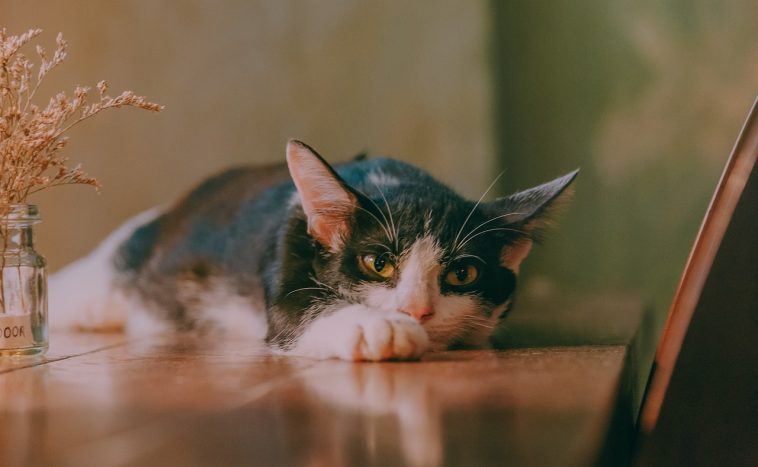If you’ve ever wondered whether your cherished feline experiences emotions like jealousy, you’re not alone. Many pet owners ponder over the emotional lives of their cats. While pets are increasingly recognized for their emotional intelligence, pinpointing a specific emotion like jealousy can be complex. It’s possible that a cat displaying behaviors that seem “jealous” is actually grappling with feelings of insecurity, anxiety about territory, or the introduction of a new family member or pet.
Why Might a Cat Be Jealous?
Cats are innately territorial, guided by a strong survival instinct to protect their resources and companions. Consequently, changes in routine or the introduction of new individuals or pets can provoke feelings of hostility or discomfort. For instance:
- New Additions: Introducing a new baby, puppy, or kitten can disrupt a cat’s established routine, leading to feelings of unease, increased noise levels, and changes in personal space. This can manifest as behaviors that appear akin to jealousy.
- Intra-Feline Competition: Multi-cat households can experience rivalry over attention and resources. Each cat’s unique personality and needs can create complexities in their relationships, leading to possessiveness over owners, toys, food, and sleeping areas.
- Time Allocation: Cats form strong bonds with their owners and cherish spending time with them. Alterations in this routine, such as extended periods of absence, can cause distress and behaviors that might be perceived as jealousy.
How Do Cats Show Jealousy?
Cats’ behaviors, much like their personalities, vary widely. Strong emotions in cats may manifest as characteristic behaviors, which some interpret as jealousy:
- Territorial Actions: Scratching furniture, urine marking, and spraying outside the litter box can indicate territorial concerns.
- Destructive Behavior: Cats may exhibit destructive tendencies.
- Aggression: Hissing, swatting, growling, or even biting may occur.
- Altered Interactions: Reduced play, attention-seeking behaviors, or petting aggression may be observed.
Do We Really Know It’s Jealousy?
While cats exhibit diverse personalities and behaviors, confirming specific emotions like jealousy can be challenging. Behaviors may stem from various causes, both behavioral and medical. Stress, fear, boredom, and pain can all contribute to challenging behaviors in cats. As responsible pet owners, it’s important to differentiate between emotional responses and potential health issues.
How To Help
If you suspect your cat is displaying unusual behaviors, consider the following steps:
- Rule Out Health Issues: Seek guidance from a veterinarian to rule out any underlying medical problems that may be contributing to behavioral changes.
- Introduce Changes Gradually: When new additions are anticipated, introduce them slowly and provide ample resources to mitigate potential competition.
- Ensure Adequate Resources: In multi-cat households, supply enough resources (food, litter boxes, toys, beds) to prevent rivalry.
- Allocate Quality Time: Dedicate time for play, affection, and grooming to strengthen your bond with your cat.
- Maintain Routine: Cats thrive on routine, so strive to keep their daily schedule as consistent as possible.
While we may never definitively know if cats experience jealousy, they undoubtedly respond to changes and disparities in their environment. By prioritizing your cat’s emotional well-being and providing ample attention and resources, you can foster a secure and loving bond between you and your feline companion.



